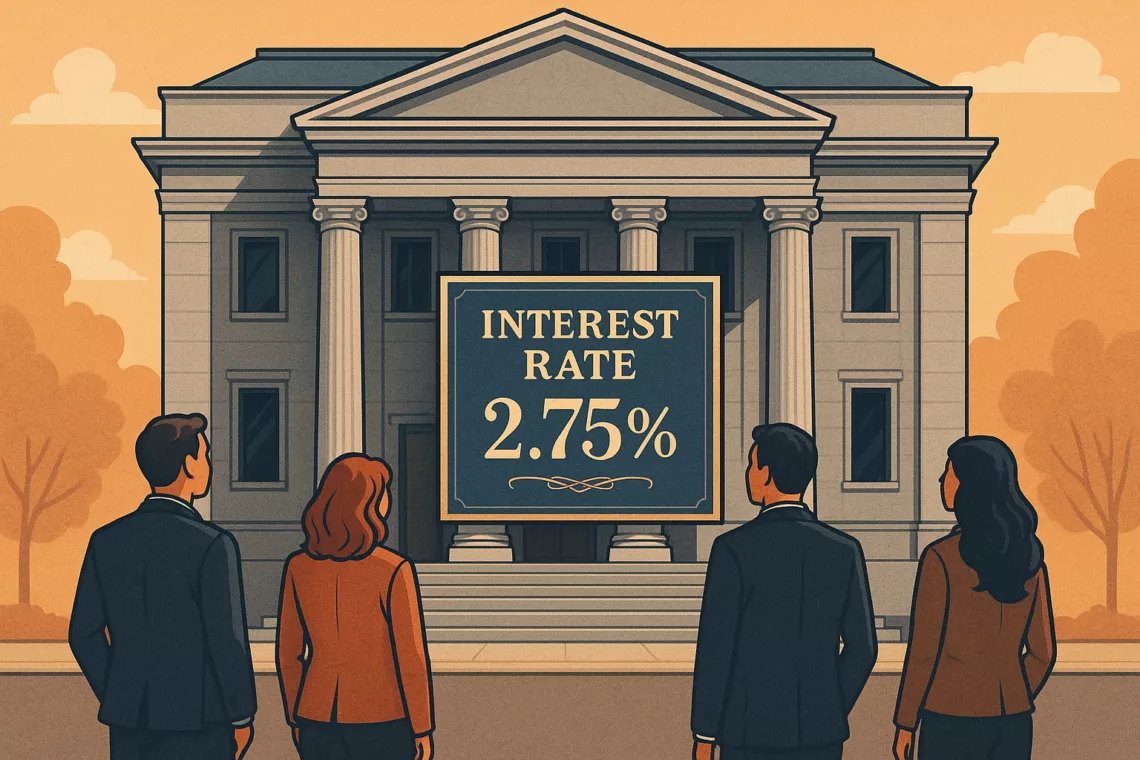
If you’re renting out your home on Airbnb or other short-term rental platforms, a recent tax court decision might significantly impact your bottom line. This new ruling mandates that certain Canadian short-term rental properties could face a steep 13% HST tax on the property’s full sale price—a financial hit many owners may not have seen coming. Here’s what happened and what it means for homebuyers, sellers, and investors across Canada.
The Tax Court Decision: A Game Changer for Short-Term Rentals
In a landmark decision, the Tax Court of Canada ruled that homeowners who consistently rent out their properties short-term (such as on Airbnb or Vrbo) could be liable to pay HST when they sell. This ruling shifts the perception of these properties from residential to commercial, which means they’re now taxed more like hotels or inns.
What’s Covered Under This Tax?
- 13% HST on Sale Price: When short-term rental properties are sold, the 13% HST applies to the entire sale amount, potentially resulting in a tax bill of tens or even hundreds of thousands of dollars.
- Types of Properties Affected: Condos, townhomes, and single-family homes rented frequently on short-term platforms are all subject to this tax. Even if a property was originally a long-term rental, a switch to short-term usage before a sale could trigger HST.
Real-Life Story: How One Airbnb Host Was Impacted
Take, for example, an Ottawa condo owner who initially rented out his condo long-term from 2008 to 2017. But when he shifted to short-term rentals on Airbnb in 2017, things changed. He earned $11,200 in 2017 and $43,179 in 2018 from Airbnb, leading up to selling his property in 2018. After the sale closed, the Canada Revenue Agency (CRA) slapped a $77,079.64 HST bill on the owner. This significant charge was due to the property’s classification switch from residential to commercial use—an expensive lesson in tax implications for short-term rental hosts.
What This Means for Homeowners, Buyers, and Investors
- Buyers need to be aware of the tax implications if purchasing a home previously used for short-term rentals.
- Current owners should consider how a switch to short-term rentals could lead to hefty taxes if they plan to sell.
- Investors may need to rethink their strategies for short-term rental properties, as the potential tax burdens could alter return expectations.
Key Takeaways
- Long-Term Rentals are generally safe from this tax, as they’re still considered residential.
- Short-Term Rentals trigger the HST if sold, due to the court’s view that they serve a commercial purpose.
- Tax-Free Path: If you’re considering selling, one potential workaround might involve reverting the property to long-term rental status before listing it. While not foolproof, this strategy could potentially help avoid HST.
Stay Updated and Informed
To stay on top of evolving rules impacting short-term rentals, follow our blog for timely real estate updates, or reach out to us with any real estate needs—we’re here to help you navigate these changes.
Contact Us
Equip yourself with the knowledge to navigate the complexities of the real estate landscape confidently.



